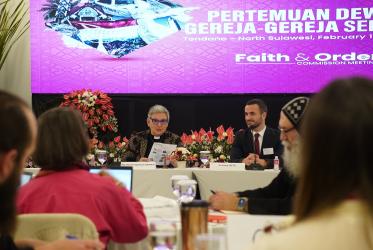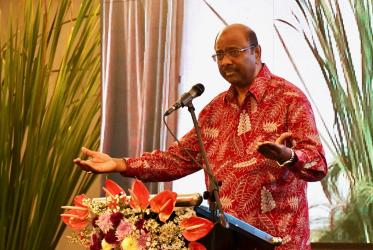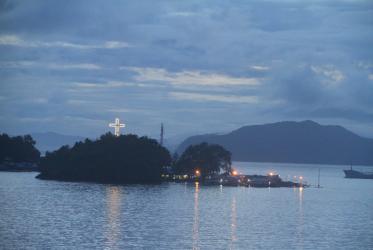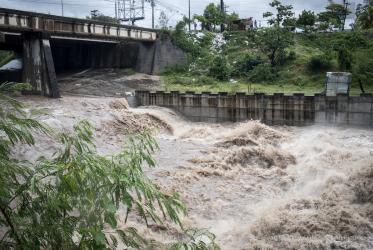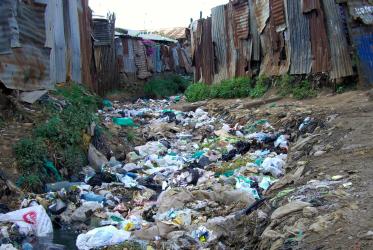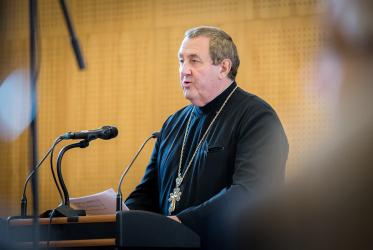Displaying 1 - 20 of 125
09 February 2024
WCC Commission on Faith and Order gathers with hope at the heart
03 February 2024
Climate crisis fuels existing water injustice
27 October 2021
Global webinar will discuss environment, agriculture and water
03 December 2020
On World Toilet Day, sanitation is “an issue of justice”
16 November 2020
In a COVID-stricken world, “everyone is important”
23 October 2020
Applications open for WCC Eco-School
22 October 2020
CCIA meets in Brisbane with focus on Pacific regional priorities
19 February 2020

